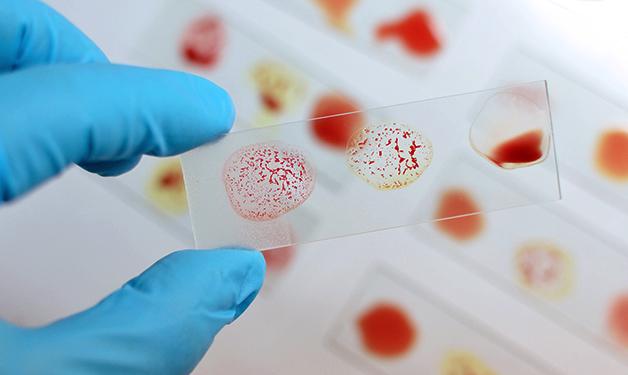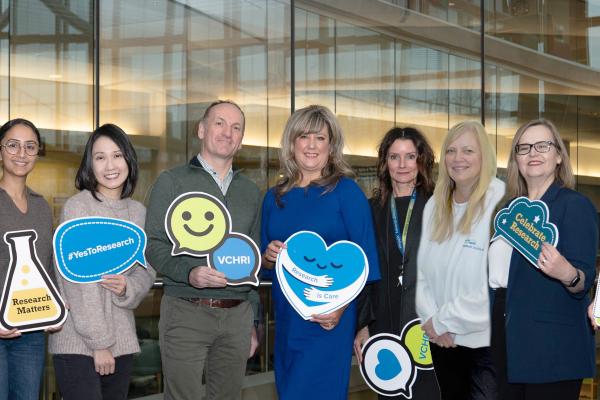
Patients with A or AB blood groups were more likely to need mechanical ventilation and dialysis, and be hospitalized longer.
An analysis of COVID-19 cases at six greater Vancouver health centres has revealed a link between A or AB blood group patients and more severe COVID-19 outcomes than O or B patients. The study, led by Vancouver Coastal Health Research Institute researcher Dr. Mypinder Sekhon, points to two main factors that seem to have a protective effect against COVID-19.
“These findings open a door to knowledge that could help us understand the reasons underpinning the differences in susceptibility and severity in individual patients with COVID-19,” says Sekhon. “However, they do not change current public health recommendations surrounding how people should take precautions to protect themselves and others around them against infection.”

Sekhon and co-authors’ research findings show that 84 per cent of blood type A or AB patients with respiratory complications due to severe COVID-19 illness—which infects and can damage lung tissues—required mechanical ventilation versus 61 per cent of O or B patients.
Thirty-two per cent of A or AB patients required continuous renal replacement therapy (CRRT)—a type of dialysis used to treat severe kidney failure—compared to nine per cent of O or B patients. Approximately 15-50 per cent of COVID-19 patients admitted to an ICU have experienced some form of acute kidney injury from the infection1.
“A or AB patients remained in the intensive care unit 4.5 days longer than O or B patients—a median of 13.5 days versus nine.”
Study data was collected from a cohort of 125 critically ill COVID-19 patients admitted to an intensive care unit between March 1 and April 28, 2020. Blood type demographics were representative of the general Canadian and British Columbian populations, according to statistics the research team sourced from Canadian Blood Services.
“While blood type was not shown to be more or less likely to bring someone into hospital, once there, A or AB patients’ symptoms were on average more severe,” says Sekhon.
Protective factors among O or B blood types likely play a role
The anti-A antibody flowing through the veins of individuals with O or B blood types may disrupt the attempts of the COVID-19 virus to attach to the angiotensin converting enzyme 2 (ACE2) receptor and gain entry into cells, says Sekhon. ACE2 provides a doorway for COVID-19 to infect cells, and the ACE2 receptor is like a sign guiding the way in.

A connection between blood type and disease outcomes was similarly made during the 2003 Sars-CoV-1 (SARS) outbreak. Individuals with blood group O or B seemed to be less susceptible to this particular coronavirus strain than A or AB patients. The SARS outbreak affected over 24 countries and claimed the lives of more than 700 people before it was contained.
O and B patients may have less severe physical implications because of differences in factors related to blood clotting, compared with blood groups A and AB, says Sekhon. However, additional research is needed to identify whether this or other factors are at play.
“Our logical next steps are to look at the clotting factors in a patient cohort, further differences by blood group, antibody levels and differences in the immune system responses of both A or AB and O or B cohorts.”
1 COVID-19 and Renal Failure: Challenges in the Delivery of Renal Replacement Therapy


